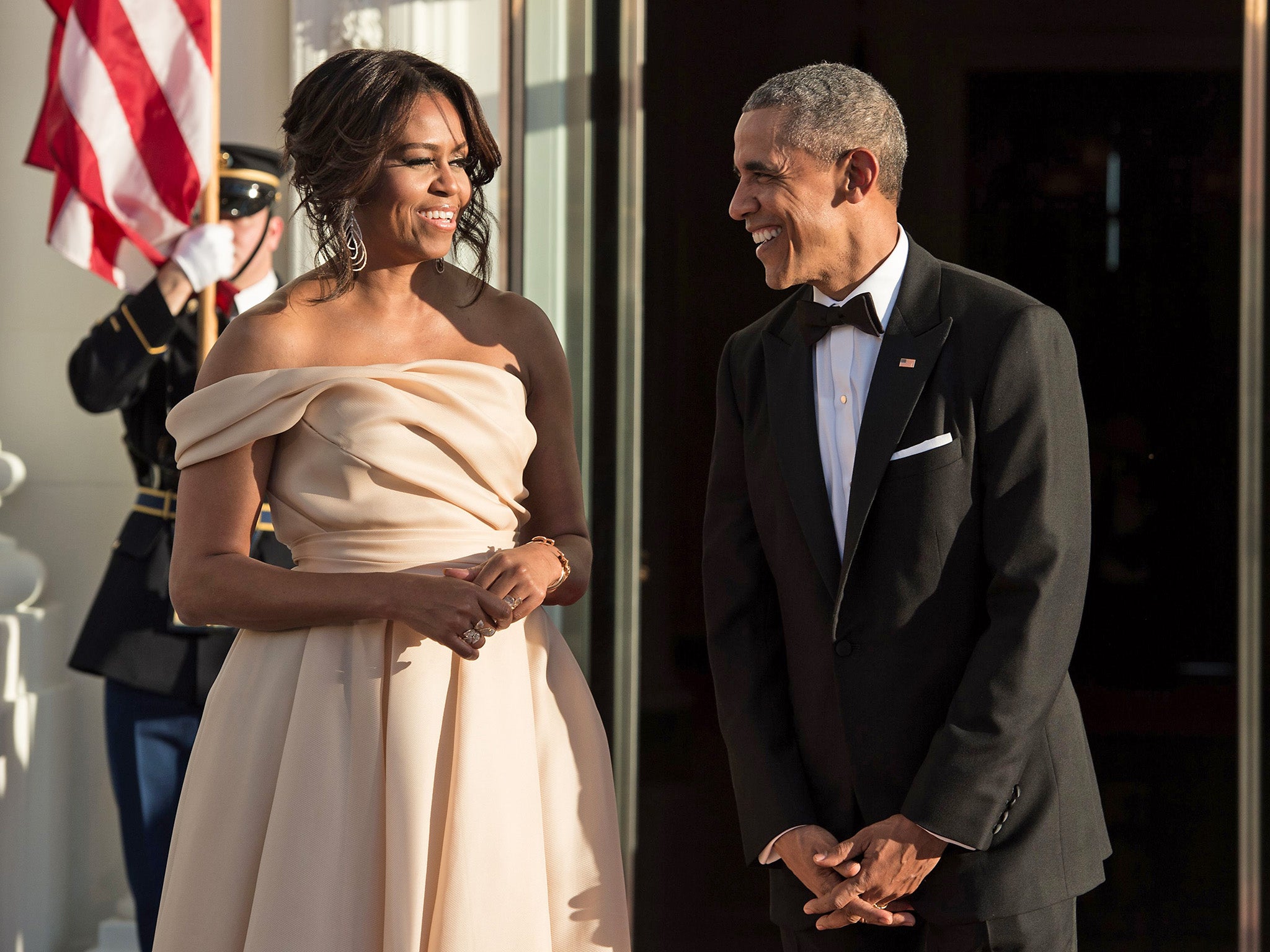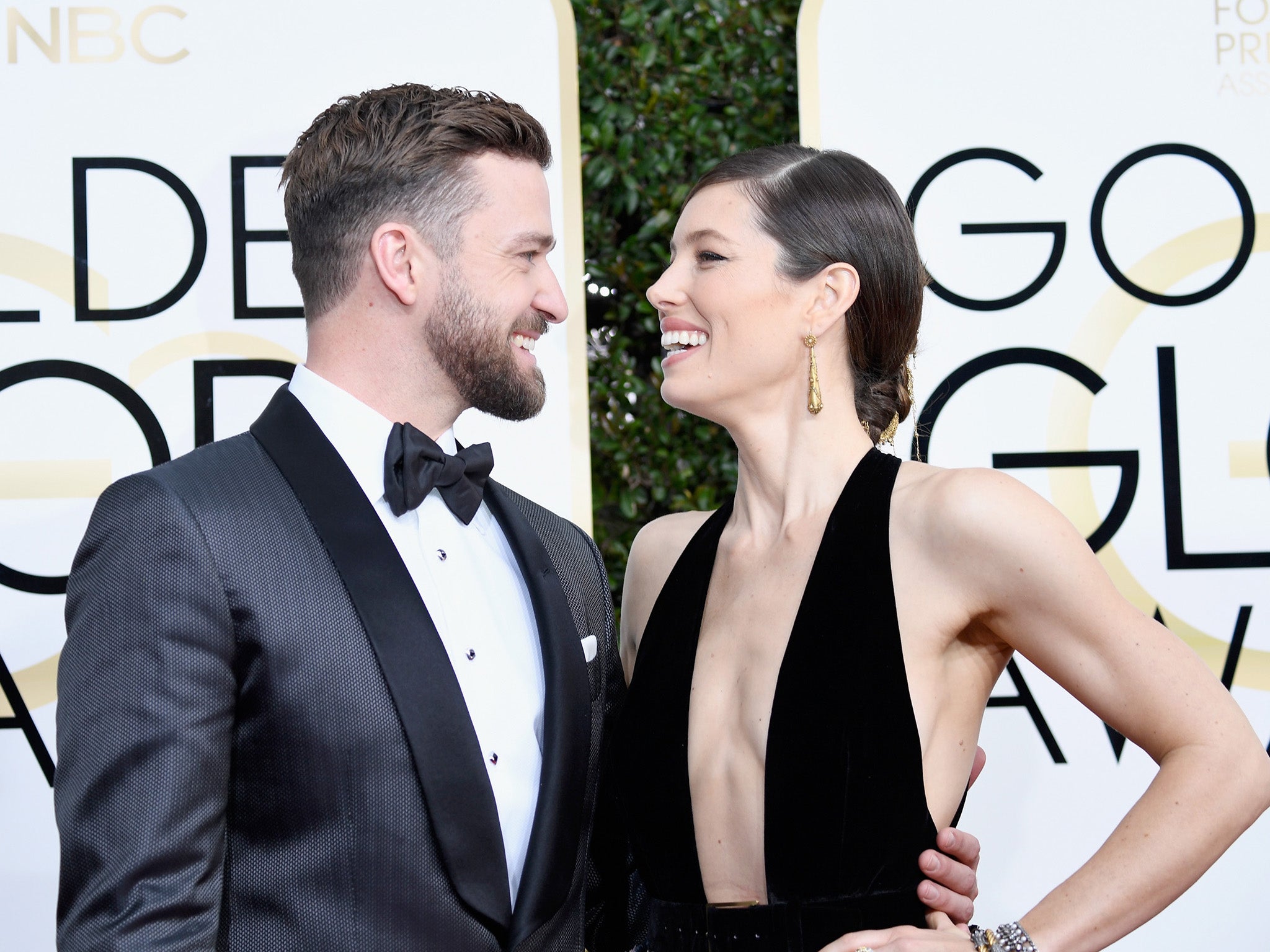Should your spouse be your best friend?
Is it a sign of hard-earned intimacy or just that you’ve given up the passion?

Your support helps us to tell the story
From reproductive rights to climate change to Big Tech, The Independent is on the ground when the story is developing. Whether it's investigating the financials of Elon Musk's pro-Trump PAC or producing our latest documentary, 'The A Word', which shines a light on the American women fighting for reproductive rights, we know how important it is to parse out the facts from the messaging.
At such a critical moment in US history, we need reporters on the ground. Your donation allows us to keep sending journalists to speak to both sides of the story.
The Independent is trusted by Americans across the entire political spectrum. And unlike many other quality news outlets, we choose not to lock Americans out of our reporting and analysis with paywalls. We believe quality journalism should be available to everyone, paid for by those who can afford it.
Your support makes all the difference.The phrase has become so ubiquitous that we almost don’t hear it anymore. “You’re still my best friend,” Michelle Obama effused to Barack Obama in an Instagram post celebrating their 25th wedding anniversary.
It’s common at award shows, as when Justin Timberlake said not long ago: “I want to thank my best friend, my favourite collaborator, my wife, Jessica.”
It’s common on how-to sites, where authors write articles on “nurturing a friendship” with your spouse. Like the living dead, another oxymoron, spouse-friends, are all around us these days. Maybe it’s the heightened attention on friendship in social media; maybe it’s the decline of actual friends in our lives; maybe it’s because we all have access to public declarations of once-private relationships.
Whatever the reason, referring to your spouse as your bestie, your bud, or your #BFF has become rampant. So rampant, in fact, there’s even a backlash. “Why Your Spouse Shouldn’t Be Your Best Friend”, one marital advice blog declares.
So which is it? Is considering your spouse your closest friend a sign of hard-earned intimacy, attachment and trust, or is it a sign you’ve become so enmeshed in the day-to-day logistics of managing your lives that you’ve given up sexual attraction, passion and erotic play? Has marriage become little more than benefits with friendship?
There is some research into this question. John Helliwell is a professor at the Vancouver School of Economics and the editor of the World Happiness Report. As he researched social connections a few years ago, he found that everyone derives benefits from online friends and real-life friends, but the only friends that boost our life satisfaction are real friends.
“But while the effects of real friends on your well-being is important for everybody,” he says, “they are less so for married people than for singles. That’s how we got to the idea that marriage is a kind of ‘super-friendship’.”
Helliwell and a colleague discovered that a long-running study in Britain had data that may illuminate this question.

From 1991 to 2009, the British Household Panel Survey asked 30,000 people to quantify their life satisfaction. In general, married people expressed higher satisfaction, he says, and were better able to manage the dip in well-being that most people experience in middle age, as they face work stress, caring for ageing parents and other pressures. But an entirely separate part of the study asked people to name their best friend.
Those who listed their spouse were twice as likely to have higher life satisfaction. Slightly more men than women made that choice, he says, “which makes sense, because men tend to have fewer friends”. Is feeling this way about your spouse necessary for a good marriage? I asked. “Absolutely not,” Helliwell says. “The benefits of marriage are strong even for those who are littered with outside friends. It’s just bigger for those who consider their spouse their closest friend. It’s a bonus.”
Others are not so sure. Amir Levine is a psychiatrist and neuroscientist at Columbia University, and the co-author of Attached. A student of social relations, Levine says everyone has what he calls a hierarchy of attachment, meaning if something bad happens to us, we have a ranking of the people we call. In our early decades, those on the highest rungs are usually our parents or other family members.
“The problem as you grow older is, how do you let somebody close who’s basically a total stranger?” he says. “Nature came up with a trick: It’s called attraction. Sexual attraction brings down all the barriers, lets you get close to a new person in a physical way that you don’t get close to your family.” Over time, of course, this physical connection wanes. While many bemoan this loss of titillation, Levine celebrates it.
“It’s smart,” he says. “If you’re going to be crazy about the other person all the time, how are you going to raise kids? How are you going to be able to work?”
Instead of complaining, we should view this new phase as an achievement: “OK, now I have this person I’m attached to. I have the feeling of security. That’s what allows me to be an individual again and self-actualise.”
It’s this feeling of security, Levine says, that leads us to describe our spouses as “friends”. But that language is not quite right, he says. First, couples still need what he calls “maintenance sex”, because it re-establishes physical closeness and renews attachment.
Second, the term “friendship” is “an underwhelming representation of what’s going on”, he says. “What people basically mean is, ‘I’m in a secure relationship. Being close to my partner is very rewarding. I trust them. They’re there for me in such a profound way that it allows me to have courage to create, to explore, to imagine.'”
Levine summarises this feeling with the (somewhat awkward) acronym CARRP; your partner is consistent, available, responsive, reliable and predictable. But don’t we already have a word, “spouse”, that fits this description? Why are we suddenly using the expression “best friend” when that doesn’t seem to fit at all?
“Because not every spouse provides that,” he says, “and we’re indicating we don’t take it for granted. What we should probably be saying is ‘secure spouse’.”
There’s yet another problem with calling your husband or wife your best friend. The words mean totally different things. Peter Pearson and Ellyn Bader are founders of the Couples Institute in Menlo Park, California, and the authors of Tell Me No Lies. They’ve also been married for more than 30 years. Pearson says there’s a critical difference between a best friend and a spouse. “One of the criteria for a best friend is you feel unconditionally accepted,” he says.
“Do I care if my buddy Mark is messy in the kitchen, leaves his bathroom a shambles and doesn’t pay his income taxes?” But with a spouse, he says, you can’t avoid these topics.
Bader says that when couples are just getting to know each other, they often say they’re companions, and she’s fine with that. When couples have been together 30, 40 or 50 years, they use similar language, and that can be the mark of a healthy relationship.
“It’s the in-between ones, when they use the language of friendship, my stomach turns,” Bader says. “It’s a red flag for a lot of conflict avoidance and intensity avoidance. It often means they’ve given up on the complexity of being with somebody. Instead of saying, ‘Oh, well, that’s who they are,’ it’s better if they try to work things out.”
Bader says that she wished popular magazines would challenge the notion that you shouldn’t get married to change someone. “I think that’s what marriage is about,” she says. “It’s where some of the juices come from, and it’s also how you get the best out of the person you marry.”
A good marriage, she says, is when people “push each other, challenge each other, encourage each other and, yes, change each other”. Asked if they were best friends, they laugh. “We’re good friends,” Pearson says.
“Really good friends,” Bader says. “He’s lots of things that my best friend isn’t, but my best friend is lots of things he’s not.”
And that may be the point: Calling the person you’re married to your best friend may be shorthand for saying that you actually like your spouse and that you have shared history, shared lives and shared dreams. But in the end, the expression doesn’t do justice to the full meaning of marriage or to the full meaning of friendship. After all, if your spouse is your best friend, then whom do you complain to your spouse about?
© The New York Times
Join our commenting forum
Join thought-provoking conversations, follow other Independent readers and see their replies
Comments